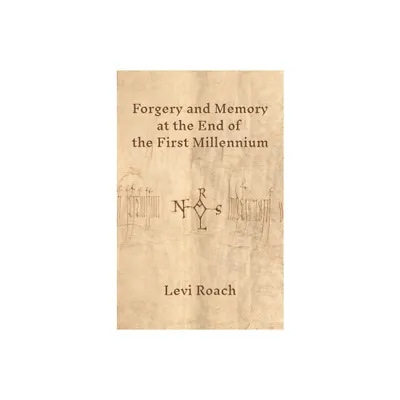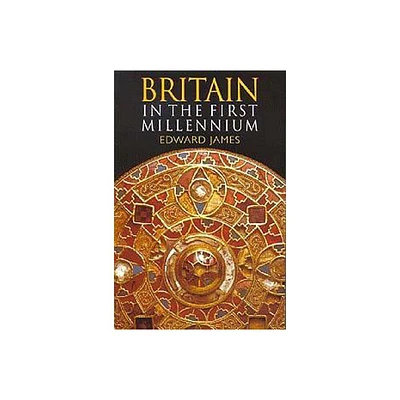Home
Phantoms of Remembrance: Memory and Oblivion at the End of the First Millennium
Loading Inventory...
Barnes and Noble
Phantoms of Remembrance: Memory and Oblivion at the End of the First Millennium
Current price: $53.00


Barnes and Noble
Phantoms of Remembrance: Memory and Oblivion at the End of the First Millennium
Current price: $53.00
Loading Inventory...
Size: OS
*Product Information may vary - to confirm product availability, pricing, and additional information please contact Barnes and Noble
In
Phantoms of Remembrance,
Patrick Geary makes important new inroads into the widely discussed topic of historical memory, vividly evoking the everyday lives of eleventh-century people and both their written and
nonwritten
ways of preserving the past. Women praying for their dead, monks creating and re-creating their archives, scribes choosing which royal families of the past to applaud and which to forget: it is from such sources that most of our knowledge of the medieval period comes. Throughout richly detailed descriptions of various acts of remembranceincluding the naming of children and the recording of visionsthe author unearths a wide range of approaches to preserving the past as it was or formulating the past that an individual or group prefers to imagine.
Phantoms of Remembrance,
Patrick Geary makes important new inroads into the widely discussed topic of historical memory, vividly evoking the everyday lives of eleventh-century people and both their written and
nonwritten
ways of preserving the past. Women praying for their dead, monks creating and re-creating their archives, scribes choosing which royal families of the past to applaud and which to forget: it is from such sources that most of our knowledge of the medieval period comes. Throughout richly detailed descriptions of various acts of remembranceincluding the naming of children and the recording of visionsthe author unearths a wide range of approaches to preserving the past as it was or formulating the past that an individual or group prefers to imagine.

















